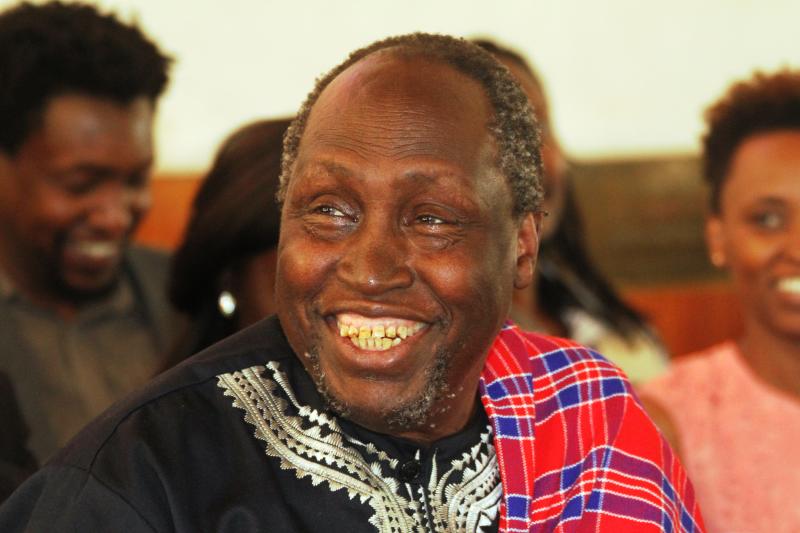×
The Standard e-Paper
Smart Minds Choose Us

Ngugi wa Thiong’o, who turns 81 this month, returns to fiction field with a ground-breaking epic that subverts patriarchy and roots for social equity.
The New Year heralds a remarkable gift for Ngugi wa Thiong’o’s legion fans. Kenya and Africa’s esteemed author has a new work of fiction—his first in over a decade.